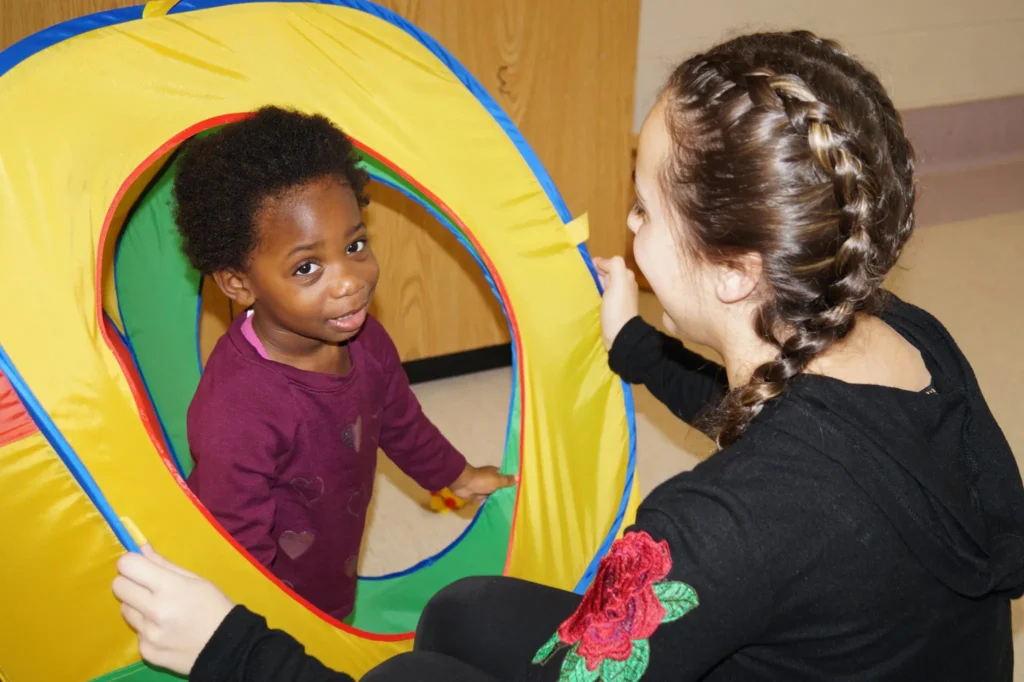Redefining Therapy Documentation with AI & Enhancing Clinician Productivity
KidsAbility has embarked on an exciting collaboration with the University of Waterloo. In partnership with Dr. Bryan Tripp and the Biomedical Engineering Program, we hope to revolutionize how therapy documentation is handled, freeing up crucial time for our clinicians to focus on what they do best: providing exceptional care for our clients.
Problem
Currently, therapists devote a substantial portion of their time to indirect client activities, specifically creating extensive reports and notes that comprehensively capture each child’s progress. For every minute spent with a client, clinicians invest up to two minutes in crafting these crucial documents. Although essential, this process proves time-consuming and diverts valuable resources away from direct care.
Solution
The innovative solution lies in building and training a Large Language Model (LLM), the form of artificial intelligence that ChatGPT is built upon. By training an LLM on historical data, we gain the ability to analyze therapists’ notes and observations, autonomously transforming them into detailed assessment reports and progress notes for clinician review. This AI aid is meticulously designed to streamline documentation tasks efficiently, while upholding the high-quality standards expected by families, clinicians, and other stakeholders.
Through the integration of this AI technology into their workflows, KidsAbility aims to significantly reduce the time therapists spend on indirect care, enabling them to allocate more time to treating additional clients. This ground-breaking project exemplifies KidsAbility’s commitment to harnessing technology for the betterment of the children and families we serve.
In line with our unwavering dedication to upholding ethical and privacy standards, KidsAbility has partnered with the University of Guelph. This collaboration aims to assess the privacy, ethical, and regulatory implications associated with designing and implementing LLMs within pediatric rehab settings.
This ambitious endeavor marks a significant stride towards the convergence of technology and healthcare, presenting immense potential for reducing our waitlist, enhancing client care, and advancing KidsAbility’s mission.
Stay tuned for updates on this exciting Project.
Our Rocket Crew
About KidsAbility
KidsAbility™ empowers children and youth with special needs to realize their full potential.
We support over 14,000 children and youth to reach their communication, social, physical and behavioural goals each year. Using a blended model of virtual and in-person services, at KidsAbility, we help children, youth and families to achieve great things at home, at school and in their community.
Demand for our services continues to exceed the resources available. The Rocket Discovery Centre is a symbol of our commitment to children and families that no child in our community will be left behind. Donations support life-changing therapy, innovative programs and the latest technology. Your support helps a child benefit sooner to say their first words, take their first steps, hold a pencil or spoon or even learn how to make a new friend and participate fully in our community. Together, we can achieve this.



